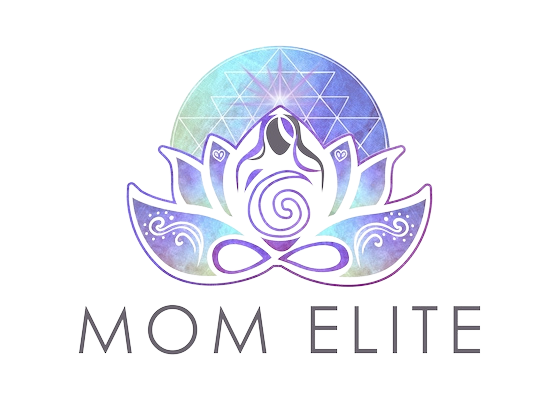When it comes to our health, getting poorly or wrongly informed on the internet has always been a risk. Too many times have people gotten concerned after a Google into some relatively benign symptoms. However, with the recent rise of health conspiracies of all kinds, misinformation is even more rife across the world wide web, and you might want to make sure that you do your best to avoid it and find the information that will really help you live a better life.
Don’t believe what’s shared
Confirmation bias is a very convincing force when it comes to what we read and where we read it from. You might find that people that you trust and would consider intelligent are sharing misinformation, but you are more likely to be receptive to it because of who is sharing it. The truth is that “shareability” has nothing to do with the validity of the information and more to do with how sensational or surprising it is. As such, treat any social media post with a little extra skepticism.
If it sounds too good to be true, it is
Especially in the fitness and diet world, there are plenty of people who are more than happy to share superfoods, miracle cures, and quick fixes of all kinds. While it’s not impossible for advances in medicine to make it easier to treat certain aspects of our health, if it sounds too good to be true or like an immediate fix to a problem you’re facing, it probably is. Finding a healthy balance in life and making long-term changes to your health is always going to be the most reliable way to take care of yourself.
Check who is writing the information
One thing that more people, in general, need to do with information across the board is to look at who is providing it. When you’re looking at health information, make sure it comes from someone who has the actual credentials to back up the information, such as medical accounts like Dr. David Zagzag. Always look for an author, and if there are no credentials there or, even worse, no name, treat it with extra skepticism.
Identify bias where it exists
In our highly polarized media landscape, it becomes hard to get away from bias, even when it comes to something that should seem so facts-driven as science and medicine. T that end, you should look at tools like Media Bias/Fact Check if you’re ever uncertain about the information being presented from a more established-looking website or publication. This way, you can get a better of where, exactly, the writers lean from. Sometimes, bad sources can publish accurate information, but it can be helpful to know where they’re coming from.
There is a lot of information out there, and not all of it is presented accurately or with the appropriate context. The tips above can help you navigate it all a bit better but when it comes to your personal health, the best source will always be your doctor.



